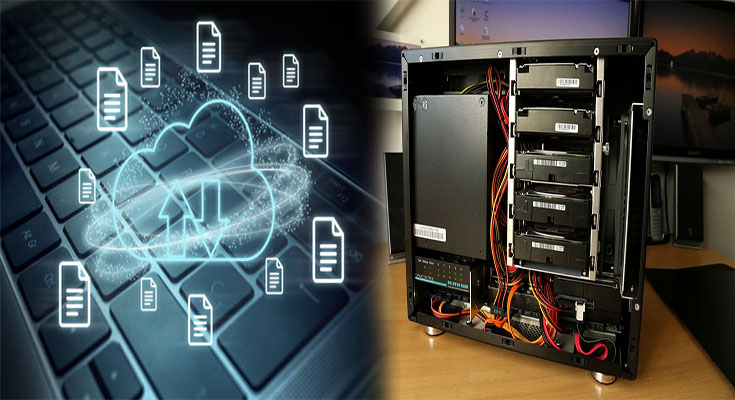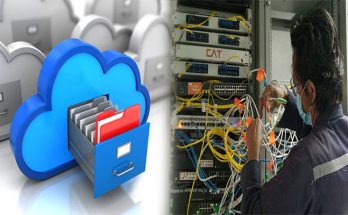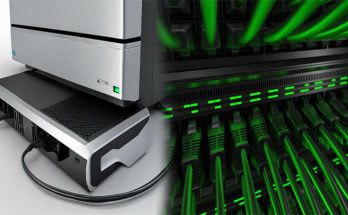In today’s digital age, the need for remote access and file sharing has become more prevalent than ever. Whether you’re a small business owner, a remote worker, or simply someone who wants convenient access to your files from anywhere, a home server can be an invaluable tool. By setting up a home server for remote access and file sharing, individuals and small businesses can enjoy numerous benefits.
What is a Home Server?
A home server is a dedicated device or computer that is set up to handle the storage, management, and sharing of files within a home or small business environment. It can be used to store important documents, media files, and other data, and can also be configured to allow remote access from anywhere with an internet connection.
Remote Access Benefits
One of the primary benefits of a home server is the ability to access files remotely. Whether you’re traveling, working from a different location, or simply away from your home or office, having remote access to your files can be incredibly convenient. With a home server set up for remote access, you can:
- Access important documents and files from anywhere with an internet connection.
- Work on projects and collaborate with colleagues or clients without needing to be physically present.
- Back up and store files securely, knowing that they are accessible whenever and wherever you need them.
File Sharing Benefits
In addition to remote access, a home server can also streamline file sharing within a household or small business. By setting up a home server for file sharing, you can:
- Share files, documents, and media within your household or small business without relying on external cloud services.
- Maintain full control over file access and permissions, ensuring that sensitive data remains secure.
- Facilitate seamless collaboration and communication by allowing multiple users to access and edit shared files.
Considerations for Setting Up a Home Server
When setting up a home server for remote access and file sharing, it’s crucial to consider some key factors:
- Hardware and Software: Choose the right hardware and software components that align with your storage and accessibility needs.
- Security: Implement robust security measures to protect your data from unauthorized access and cyber threats.
- Remote Access Configuration: Set up remote access protocols and authentication methods to ensure secure and convenient access to your files.
- Scalability: Consider future storage and access needs to ensure that your home server can scale as your requirements grow.
A home server for remote access and file sharing can be a game-changer for individuals and small businesses looking to streamline their data management and accessibility. By providing the convenience of remote access and the flexibility of file sharing, a home server empowers users to work and collaborate more efficiently while maintaining control over their data. With careful consideration of setup and security best practices, a home server can become an indispensable asset for anyone seeking seamless and secure access to their files from anywhere.





